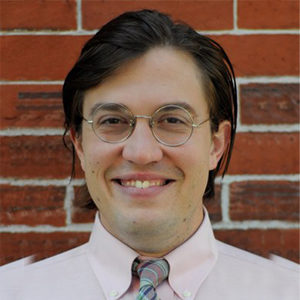The Russian influence operations in 2016 and the Russia-Ukraine war have revealed the limitations of siloed, disciplinary analyses of social media. A sufficiently unhealthy information environment is an existential threat to democracy; non-democratic actors understand this, and they are acting to undermine their rivals. The democratization of the task of information curation and verification — a role that the mass democracies of the 20th century assigned to an educated, elite profession — happened vertiginously quickly. This new networked infosphere is only as strong as its weakest links.

Individuals who have very low digital literacy and who lack the tools to understand the information environment (in today’s U.S., the very old) act as weak points in the social information-verification system on social media, enabling the beginning of “credibility cascades” even in the absence of credible information sources. The addition of even a small number of this kind of actor significantly degrades the infosphere — especially when combined with other actors who are actively trying to disrupt the information ecosystem. Post-social media democracy cannot flourish without investing in citizens’ information verification and curation capacities.
Dr. Kevin Munger is the Jeffrey L. Hyde and Sharon D. Hyde and Political Science Board of Visitors Early Career Professor of Political Science and Assistant Professor of Political Science and Social Data Analytics, Penn State University. He received his Ph.D. from New York University in 2018. His research looks at how social media and other contemporary internet technology has changed political communication.
Kevin has published research on the subject using a variety of methodologies, including textual analysis, field experiments, longitudinal surveys and qualitative theory. His research has appeared in leading journals like the American Journal of Political Science, Political Behavior, Political Communication, and Political Science Research & Methods. His present interests include cohort conflict in American politics and developing new methods for social science in a rapidly changing world.